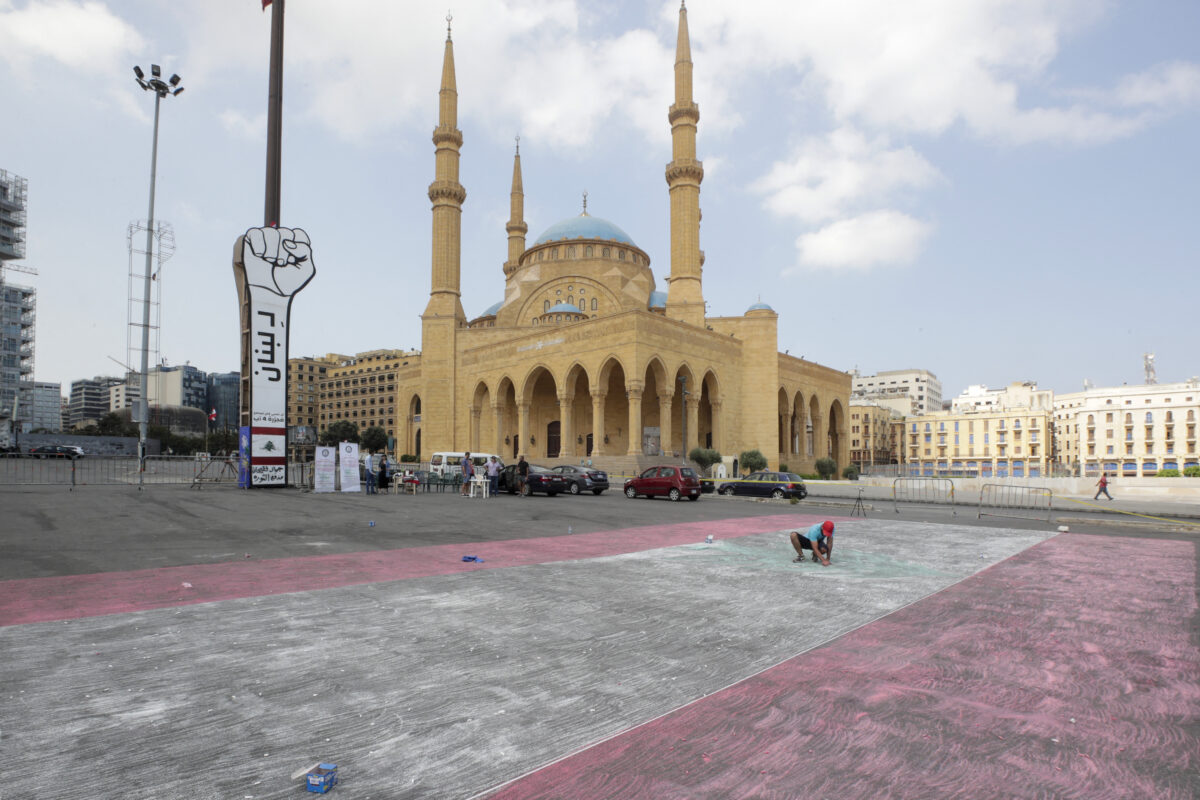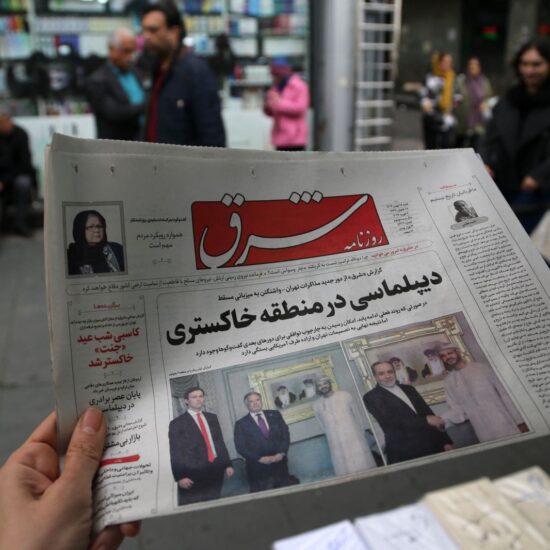
At the crossroads of identity and division in Lebanon's quest for unity.
As we reflect on the recent targeting of Samy Gemayel on social media, the incident illuminates not just an isolated conflict but also highlights a broader, deeply ingrained identity crisis. This crisis stems from Lebanon’s complex history, characterized by coexisting conflicting narratives. This moment prompts us to consider several critical questions: What does it truly mean to be Lebanese? Is it possible for Lebanese identity to transcend sectarian and political boundaries? These questions urge us to delve into our history to reconcile these diverse narratives, aiming to forge a unified national identity for the future, or alternatively, to consider a viable separation.
The pursuit of a unified Lebanese identity, rooted in our collective resilience, cultural diversity, and historical coexistence, presents both opportunities and challenges. On one hand, it envisions a society enriched by its diversity. On the other hand, it faces the significant challenge of reconciling deep-seated sectarian and political differences. Considering an alternative approach, such as a structured separation, might offer pragmatic solutions to ongoing conflicts but risks deepening divisions and compromising what makes Lebanon unique. The challenge lies in navigating these complexities to find a sustainable path forward that honors the diversity of Lebanese society, if such a path exists.
Achieving a unified or alternatively structured Lebanese society requires a multifaceted approach, based on research, dialogue, and policy development. This starts with a deep cultural and historical exploration, supported by thorough research. Sociopolitical studies will shed light on the dynamics within Lebanon’s communities and their sense of Lebanism, while economic analyses will explore avenues for development, whether in unity or division.
Central to this effort is the creation of a national reconciliation committee. This committee, regardless of the chosen path forward, will be crucial in facilitating dialogues and workshops, providing a platform for inclusive discussions. Their role will also include guiding the development and implementation of policies that either bridge divisions or manage a structured separation, fostering a society that respects its diversity.
The culmination of these efforts will be a set of actionable policies, backed by in-depth research and public dialogue. A strategic implementation plan, along with robust monitoring and evaluation, will ensure these policies are effectively integrated, shaping the future of Lebanon in a way that reflects the aspirations of all its people.
This path is undoubtedly challenging and requires commitment from every Lebanese citizen. The urgency of this task is underscored by external forces that may not fully understand or appreciate the unique Lebanese context. We must act now to prevent the fracture of our social fabric and the emergence of a hegemony that does not reflect the diverse aspirations of our people.
I view the recent events and incidents as a final wake-up call, one that also presents an opportunity. It’s a chance for us to redefine the Lebanese social contract, embarking on a journey towards a future where Lebanese identity is celebrated in its rich diversity, or alternatively, concluded definitively.
Ramzi Abou Ismail is a political psychologist and researcher at the University of Kent.








